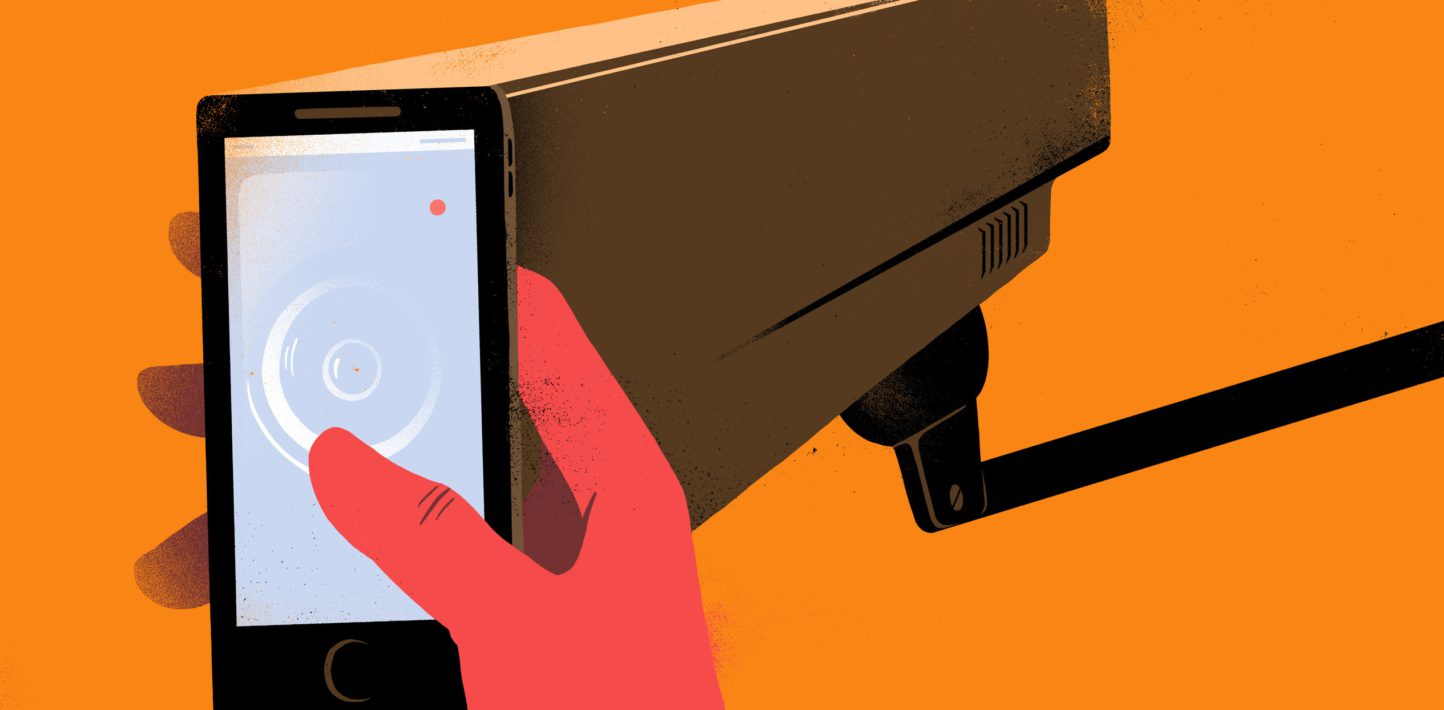The virtual world is probably a much-needed escape for Mark Zuckerberg these days given the crisis engulfing Facebook in the real world. However, the noise surrounding the company’s rebrand to Meta must not distract from the actual harms the company continues to cause.
The last week has seen an avalanche of media stories about Facebook, with more revelations from the ‘Facebook Papers’ leaked by whistle-blower Frances Haugen. The latest stories highlight the internal workings of Facebook, including how much the company knows about the harms its products cause and how decisions have been made to put profits over the human rights of users. Many of the stories have made Facebook’s lack of action to prevent and mitigate these harms a focal point.
The media coverage encompasses a huge range of topics – however, they are all linked to the same underlying problem: Facebook’s surveillance-based business model predicated on human rights abuse.
Facebook’s business model, and particularly it’s reliance on surveillance advertising, demands more and more users, more and more engagement (regardless of whether the content is violent or extreme) to gather more and more data, to micro-target users with ads. These demands have been at the core of the company’s repeated decisions to choose growth over human rights and user safety.
A report in the Washington Post alleged that CEO Mark Zuckerberg personally intervened in decisions which had disastrous real world consequences – such as when Facebook complied with the Vietnamese government’s demands to censor anti-government dissidents. Just months before intervening in Vietnam, Zuckerberg gave a speech at Georgetown university where he said he believed Facebook “must continue to stand for free expression.”
In 2018, Amnesty estimated that Facebook earns more than $1 billion in revenue in Vietnam – protecting Vietnamese users’ right to free speech would have come at a significant cost to the company. A Facebook transparency report showed that after Zuckerberg agreed to the censorship of anti-government posts, more than 2,200 posts by Vietnamese users were blocked between July and December 2020 compared with 834 in the previous 6 months.
Facebook has long known about its platforms’ problems – including the proliferation of hate speech and disinformation which has led to devastating real-life consequences in the US, India, Myanmar and Sri Lanka. What the Facebook Papers appear to show is that the company’s lack of action on platform harms isn’t just the result of a lack of knowledge, but in some instances a deliberate choice to continue to operate in a way that benefits the surveillance-based business model.
These harms are global in scale – and particularly prevalent in the Global South. However, according to the Verge, Facebook has a tier list, in which some countries are given more importance than others. Brazil, India, and the USA are in “tier zero”, the highest priority. Germany, Indonesia, Iran, Israel, and Italy were placed in “tier one”. 22 countries make up “tier two” – the rest of the world was placed in “tier three”, with minimal resources dedicated to them.
This shows that the company only acts where political pressure is the highest and where it is most profitable for them to act, leaving millions of users in the Global South unprotected and exposed to harmful, extreme and hateful content often leading to real world hate and violence, such as in Ethiopia where Facebook has failed to curb the spread of posts inciting violence against ethnic minorities. And to make matters worse, the company knows about all these negative effects of its services on people’s lives but they don’t want to fix these problems because their priority lies in increasing their profits.
Allocating resources in this way means that Facebook is systematically deprioritizing the company’s impacts on human rights in the Global South. Contrary to the claims of Facebook’s human rights director, it is difficult to see how such an approach could be in line with the standards of the UN’s Guiding Principles on Business and Human Rights, which require business to ensure they respect human rights throughout their operations – and address harms wherever they occur in the world.
The Facebook Papers show us that there are people inside Facebook who have been alarmed by the findings of the internal research and have tried to push the company to do the right thing. However, their concerns – and proposed solutions – have repeatedly been ignored.
Ultimately, we should not need to rely on former and current Facebook employees to push the company to make changes – it is the duty of governments to force Facebook to overhaul its business model and respect human rights, including by moving away from advertising based on pervasive tracking and infinite data-gathering.
The deluge of stories that make up the Facebook Papers are best understood as a catalogue of the company’s failures to make its platforms safer. They paint a picture of a company with enormous power: to influence how we feel, to change what we think, and to shape the world. But it also shows us a company that cannot be trusted to put the rights and wellbeing of its users before profits. We know that Facebook’s services are vital – that is why we can no longer accept compromising our human rights to access them.
As Frances Haugen pointed out during her US Senate testimony “when we knew tobacco companies were hiding the harms it caused, the government took action. When we figured out cars were safer with seatbelts, the government took action.”
We know that Facebook’s surveillance-based business model is causing harm across the world, even if Mark Zuckerberg continues to deny this reality
The solution is clear: governments must regulate to ban surveillance advertising and hold Big Tech to account.


